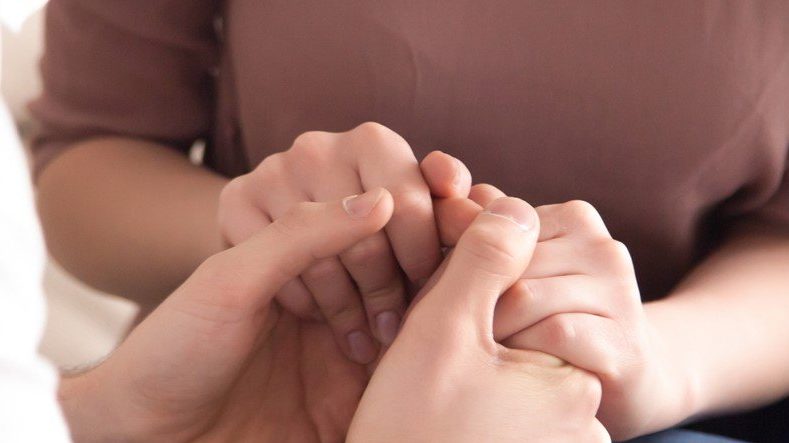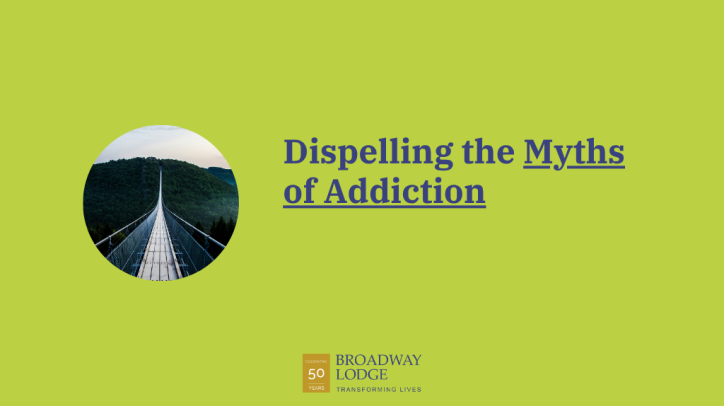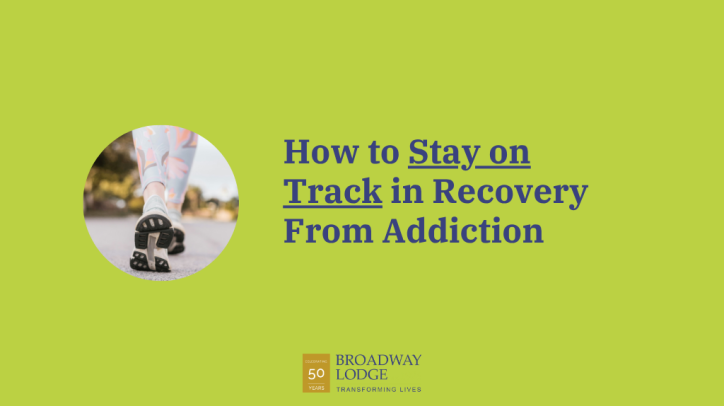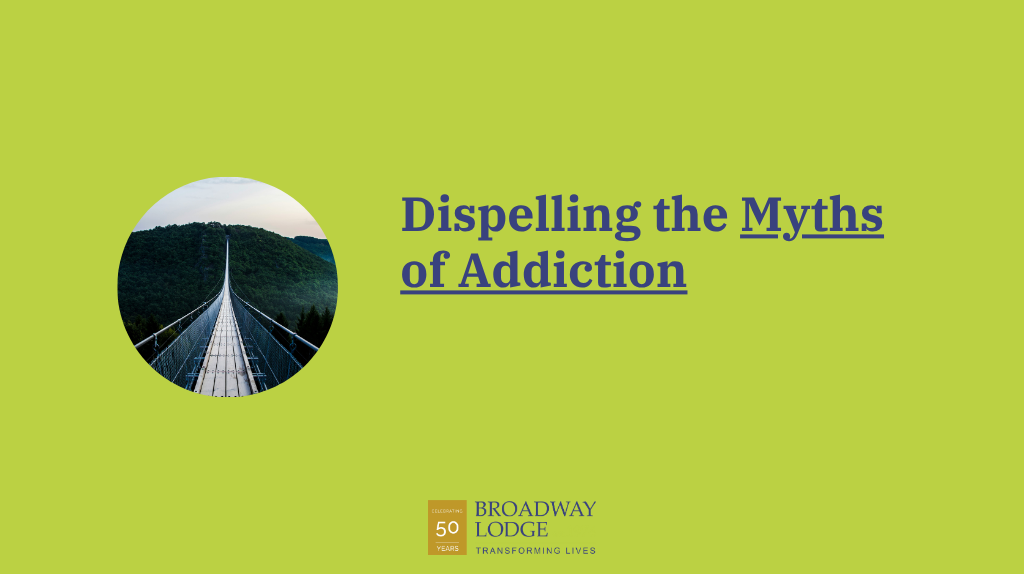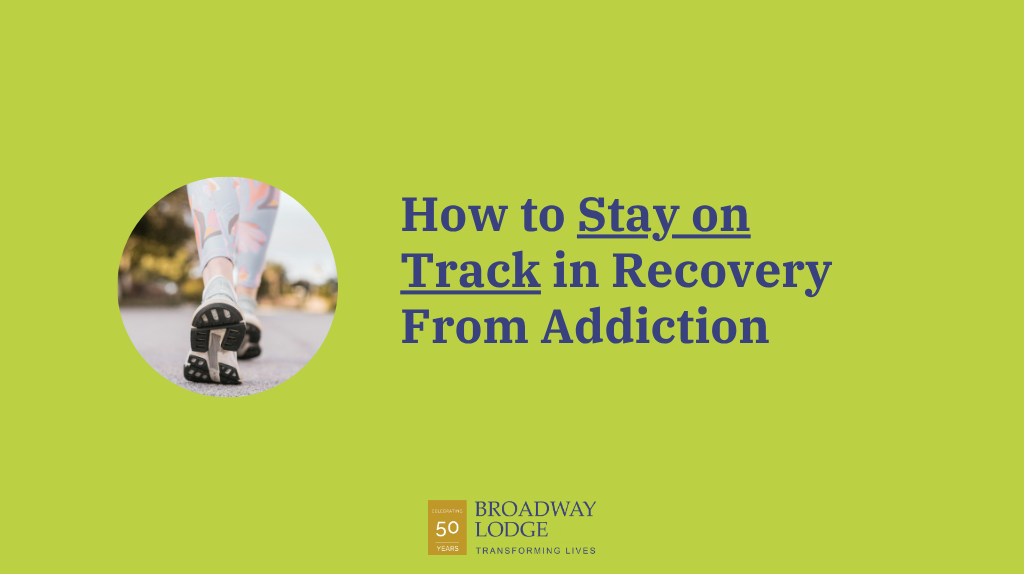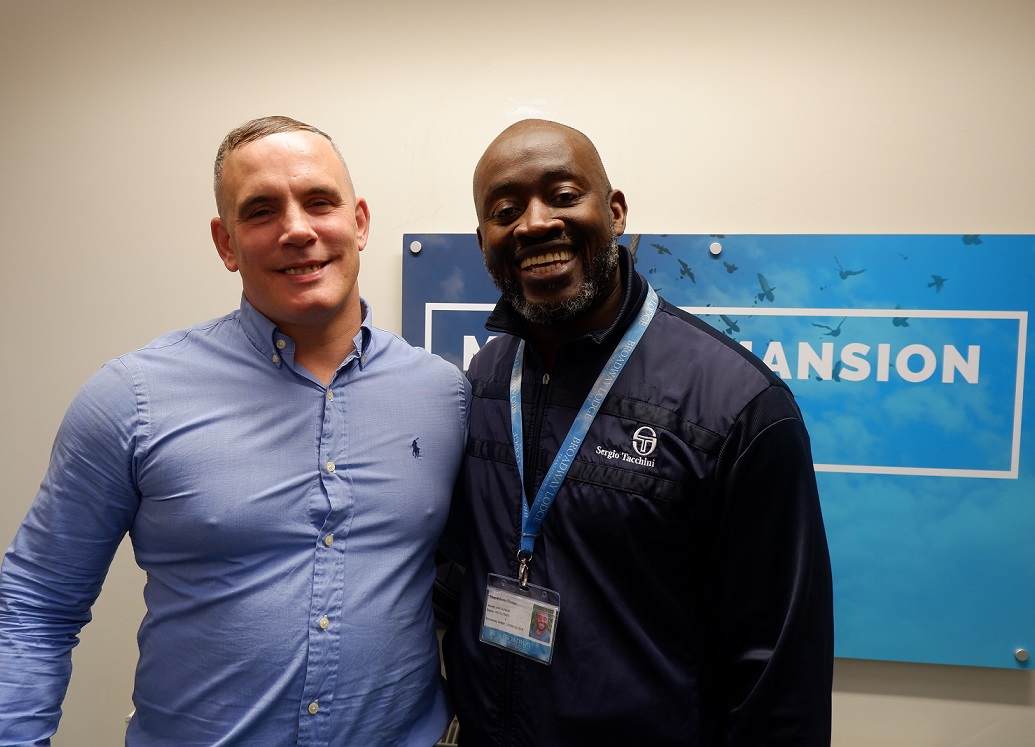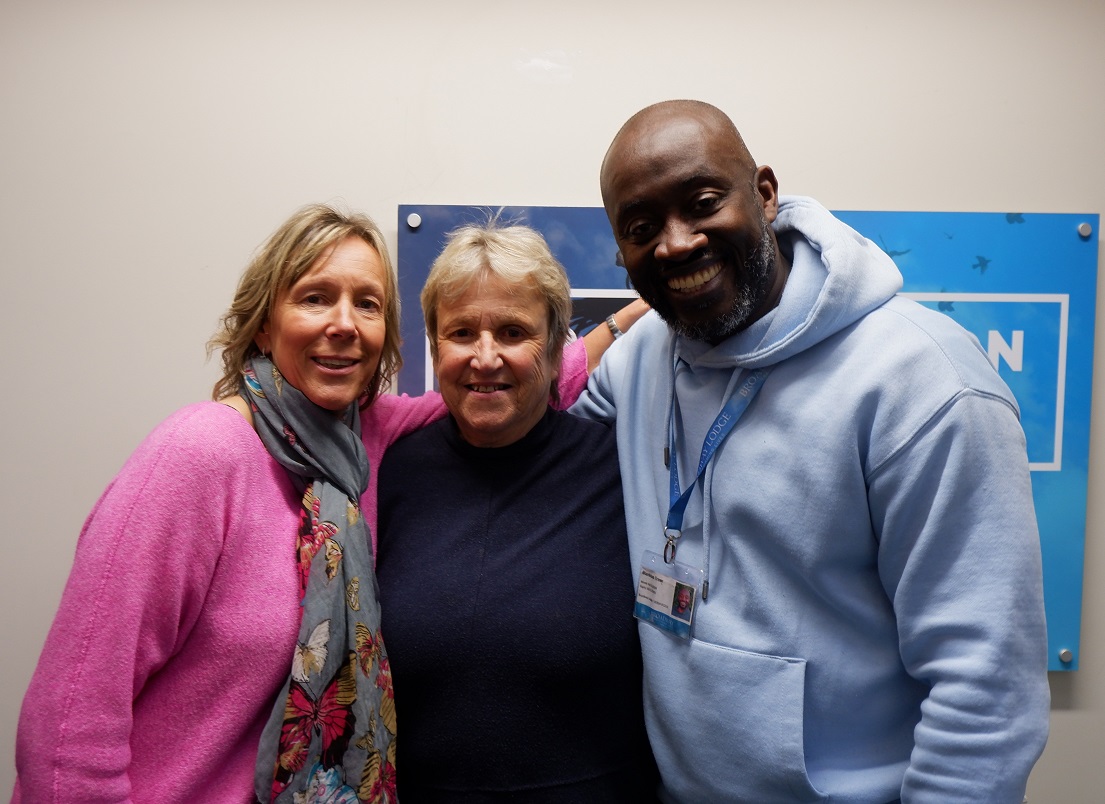With more attention given to the terrible addiction problems faced by sufferers themselves, the equally debilitating effect on those living with an addict can be overlooked. Living with an addict can have traumatic and adverse impacts on family and loved ones who live alongside substance abuse.
It can be difficult to come by specific figures for the numbers of people affected by living with someone addicted to drugs or alcohol or other harmful substances. However, it is easy to imagine the huge numbers of wives, husbands, partners, parents and children affected when we look at the stark numbers of those affected by alcohol and drugs in the UK:
- There were 1.1 million estimated admissions related to alcohol consumption in England in 2015/16, 4% more than 2014/15. The diagnoses included alcoholic liver disease, the toxic effects of alcohol and mental and behavioural disorders due to alcohol. (1)
- There were 3,744 drug poisoning deaths involving both legal and illegal drugs in England and Wales registered in 2016. Of these 3,744 deaths, 69% (2,593) were drug misuse deaths. (2)
What we do know about one of the most vulnerable groups – children – living with addicts, is that:
- 1 in 10 adults in England lived at some point during their childhood with someone who misused alcohol, and 1 in 25 with someone misusing, or dependent on, drugs
- Today over 200,000 children in England live with at least one parent, carer or adult who is alcohol dependent. (3)
It can be extremely tough living with someone whose life becomes dominated by seeking their next high, or someone who exhibits harmful levels of substance dependency. The press regularly features heart-breaking stories of how families are affected – one recent BBC story alone demonstrates the consequence of children being removed from the chaotic lives of addicts. Fortunately, in this case the sufferer sought help to become abstinent and has been ‘clean’ for over three years. (4)
Some of the ways in which family, friends and loved ones can be negatively affected by loved ones struggling with addiction include:
- Relationships – living with an addict profoundly changes the nature of your relationship with them. The addiction or dependency can come to dominate all aspects of your relationship giving rise to a stressful, tense and anxious atmosphere in the domestic setting. Expectations, future plans and promises can frequently go out of the window leaving ‘co-livers’ exhausted and repeatedly disappointed. Trust can be broken too when lying and stealing are discovered. The stigma and pain of addiction can also pressurise loved ones into keeping the addiction a secret.
- Family life – family celebratory events or special times of the year such as Christmas can be a particularly anxious time. Closely associated with alcohol, such events can result in great tension with situations boiling over and marring otherwise happy occasions.
- Children can be deeply impacted – addiction can significantly alter a mother or father’s capacity to parent. Children can suffer a variety of adverse experiences with traumatic and lasting effects. Substance misuse can create “an intergenerational cycle of violence, with these children being more likely to expose their own children to adversity and trauma.” It has also been found that children who experience four or more adversities are twice as likely to binge drink and eleven times more likely to go on to use crack cocaine or heroin. (3)
Seek help and support
So many of those living with an addict are doing their best to support their loved one and help them gain control of their life. Support services are increasingly recognising the pressure on loved ones of living with an addict. The NHS advises that the parent, partner, child or carer of substance abusers should themselves seek the support and help. They can speak to their GP about local support groups or seek help from charities such as Talk to Frank (providing information about drugs, and advice for drug users, parents and carers.) or Families Anonymous (based on the same principles as Alcoholics Anonymous). (5)
In addition to the addict themselves, it is often family and friends who refer their loved one for treatment. If you can, do encourage them to seek treatment – the sooner the better.
At Broadway Lodge help is always available no matter how hopeless things seem. We are recommencing our family support programme for those who need support.
Sources:
- NHS Digital. Statistics on Alcohol, England, 2017. May 2017
- Office for National Statistics. Deaths related to drug poisoning in England and Wales: 2016 registrations. 2 August 2017
- Young Minds. Childhood adversity, substance misuse and young people’s mental health. Expert Briefing. Accessed Feb 2018.
- a. BBC News.’ I begged social services to take my children away’. 18 Jan 2018
b. Telegraph. My dad is a heroin addict – I’ve learned not to trust what he says. Apr 2016
- NHS Choices. Advice for families of drug users. 2017

